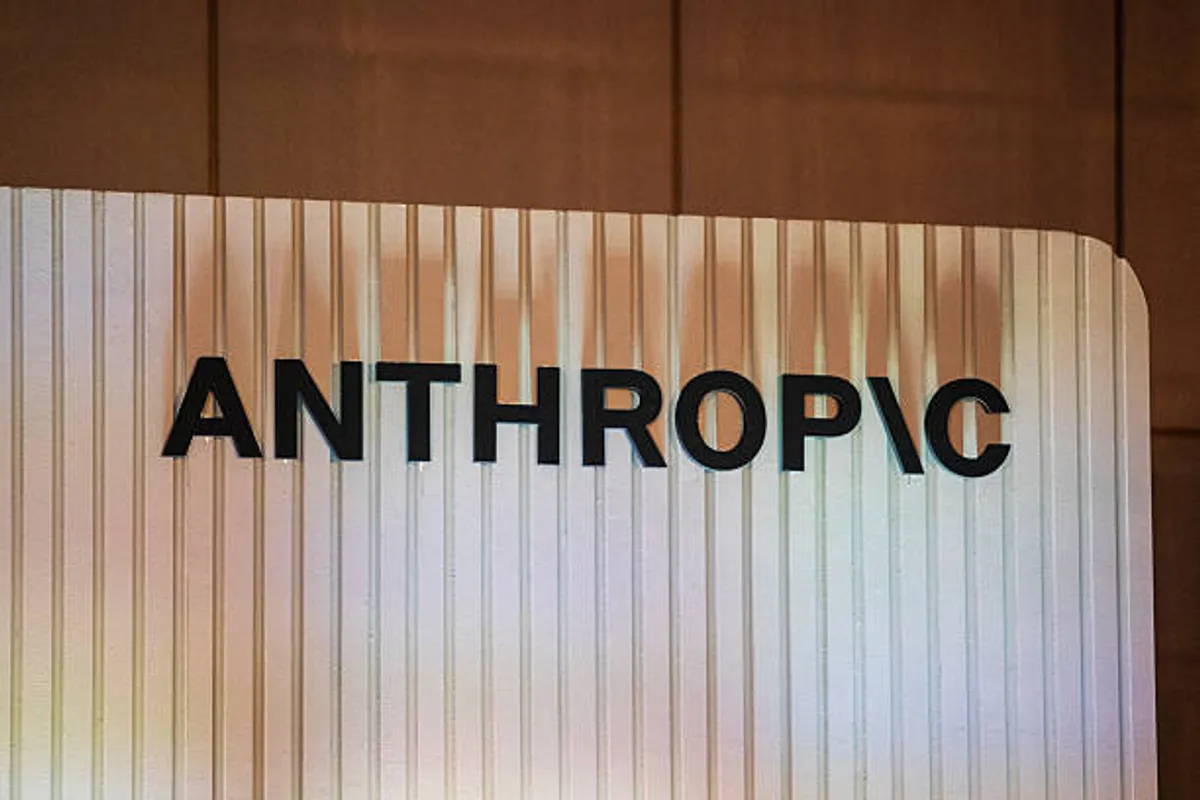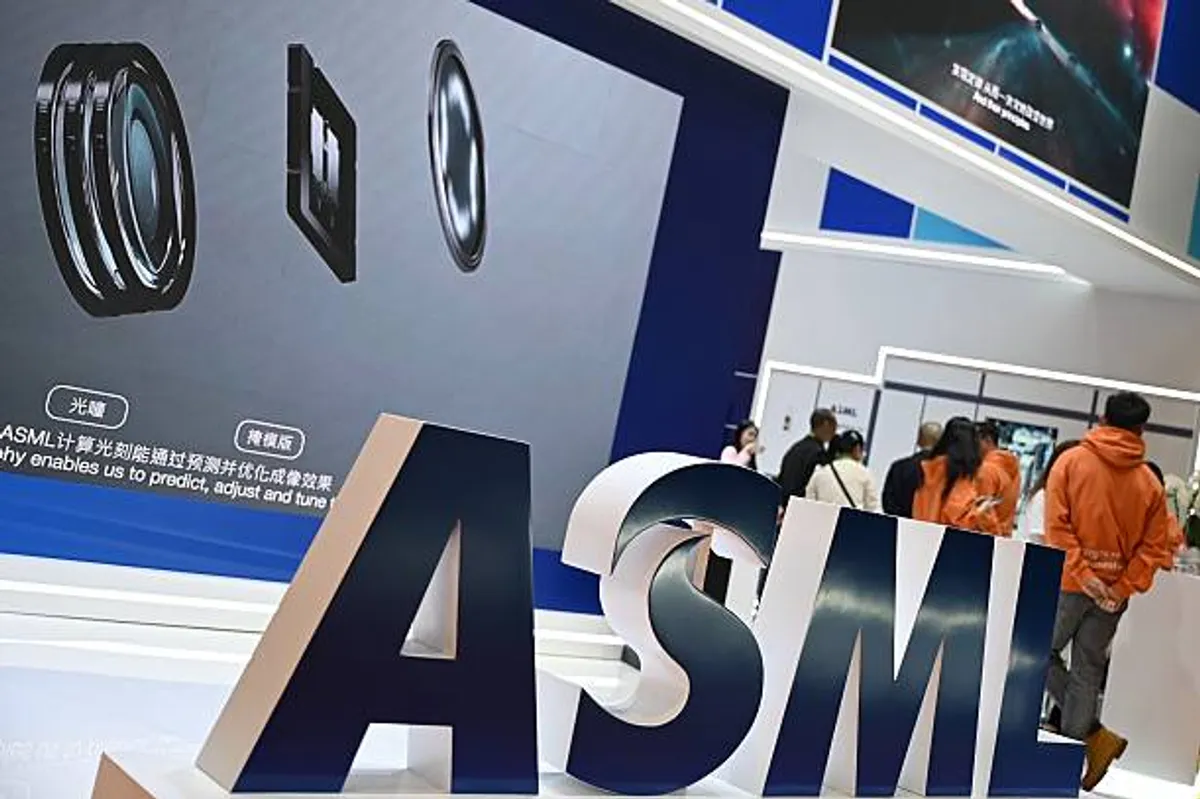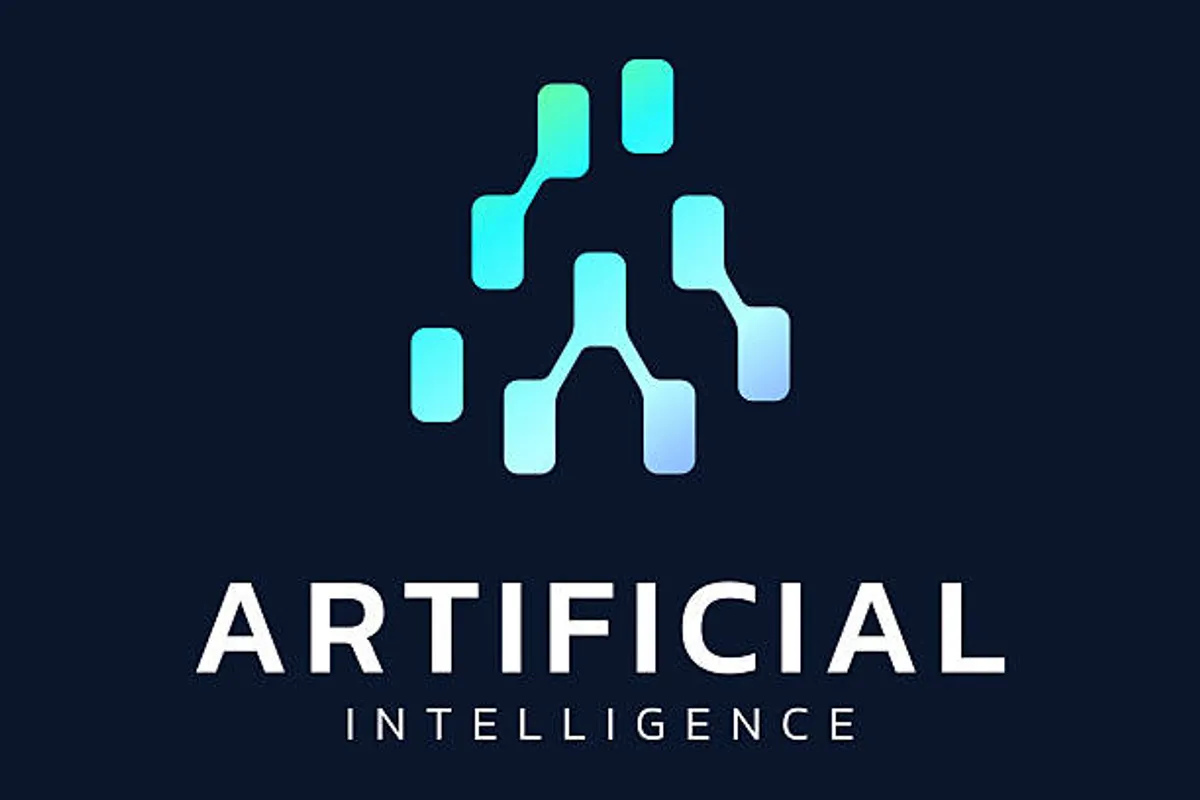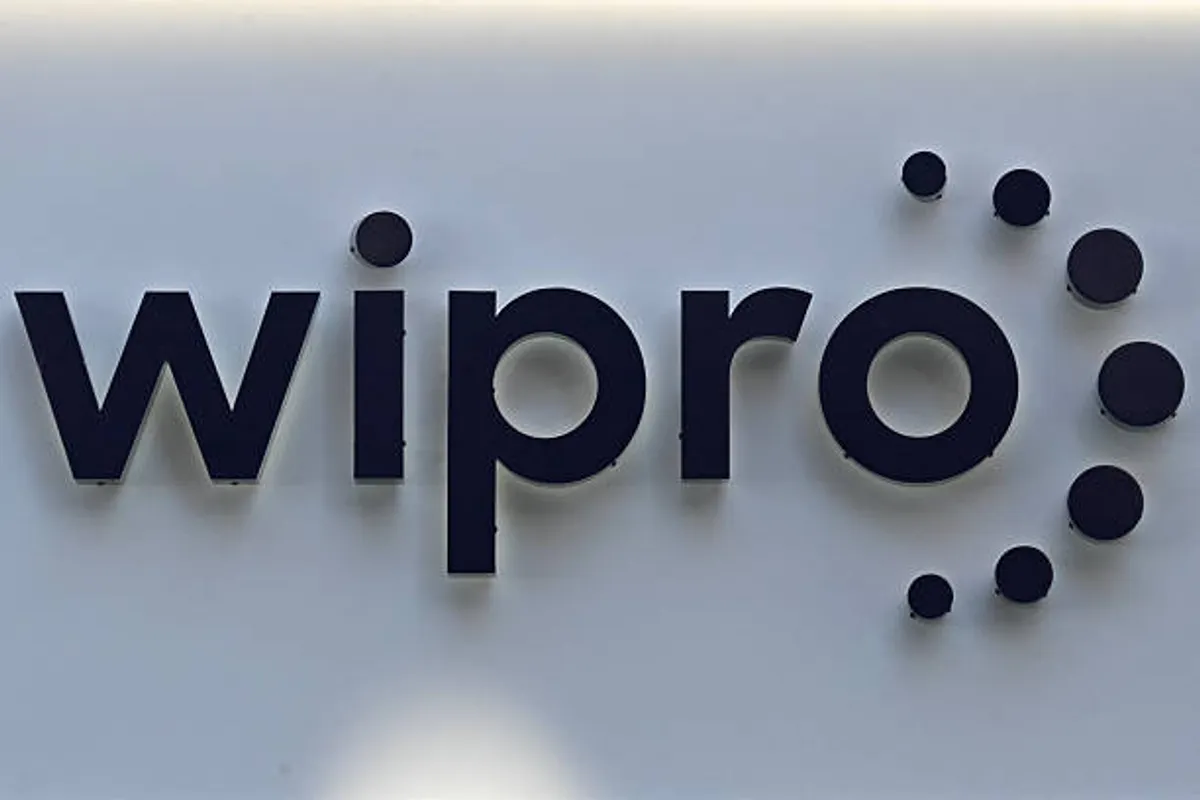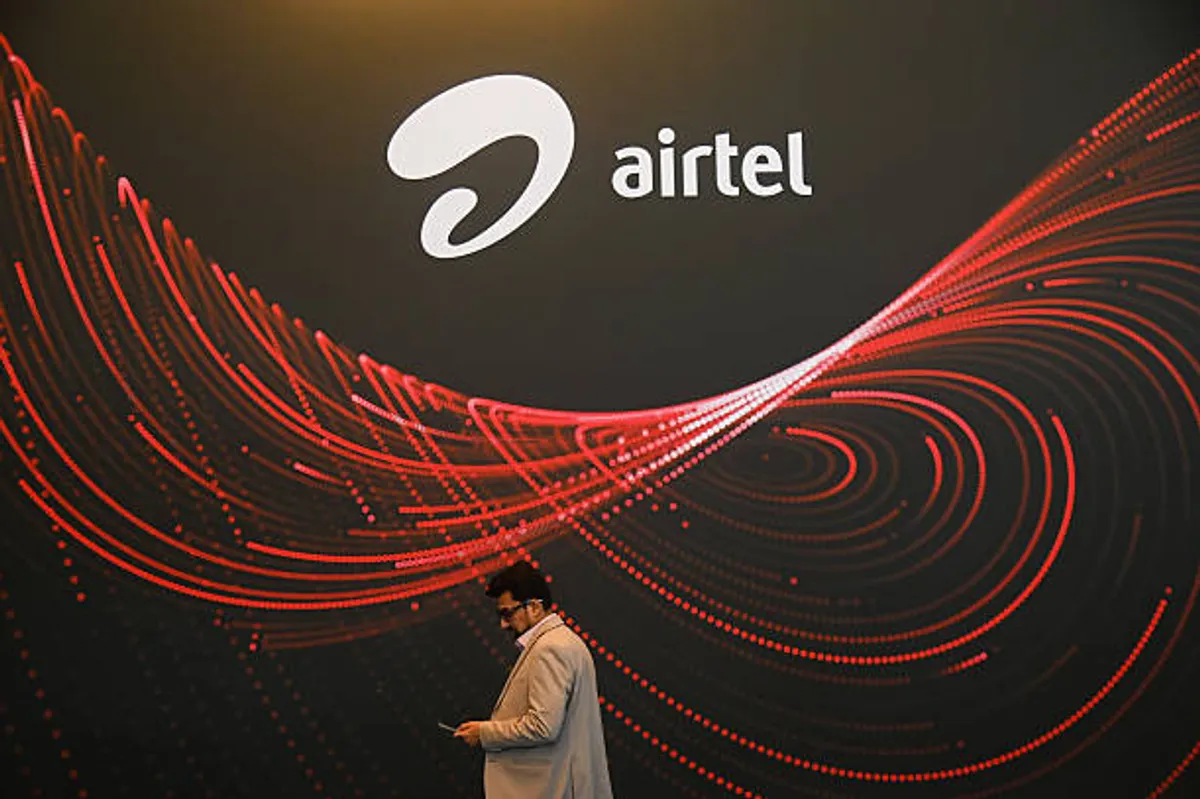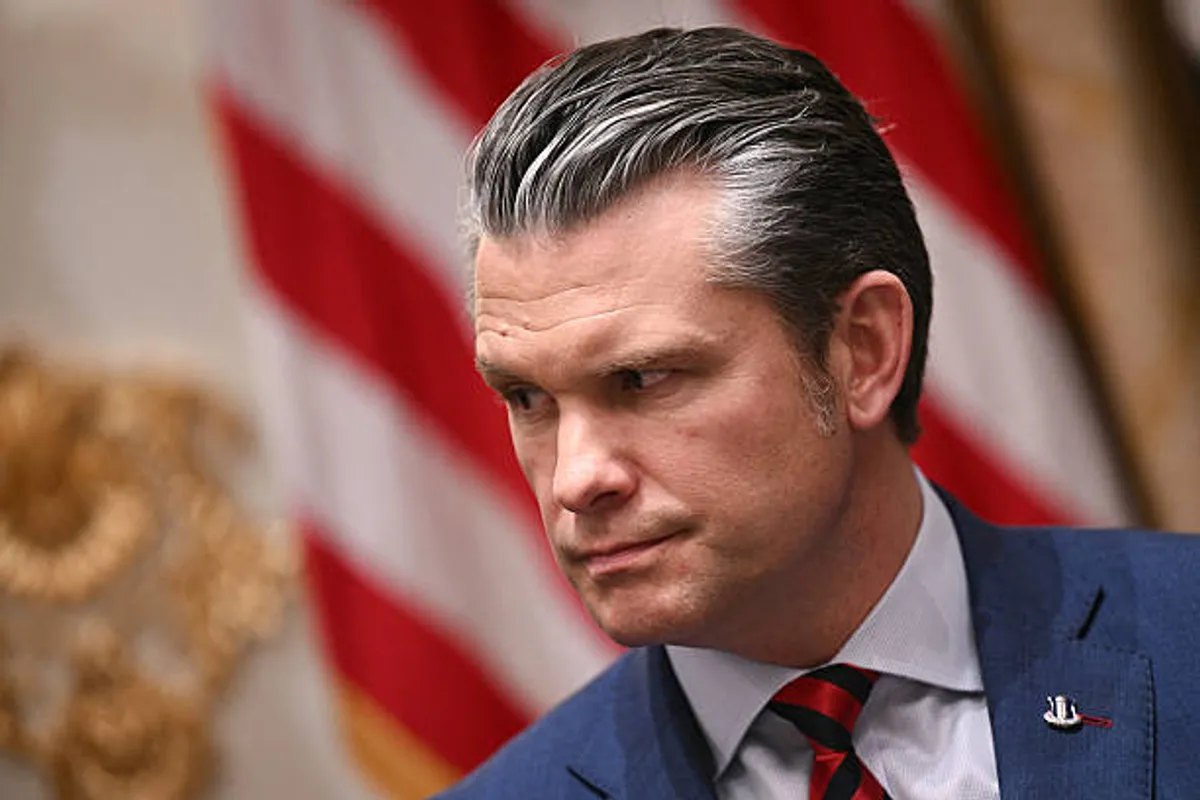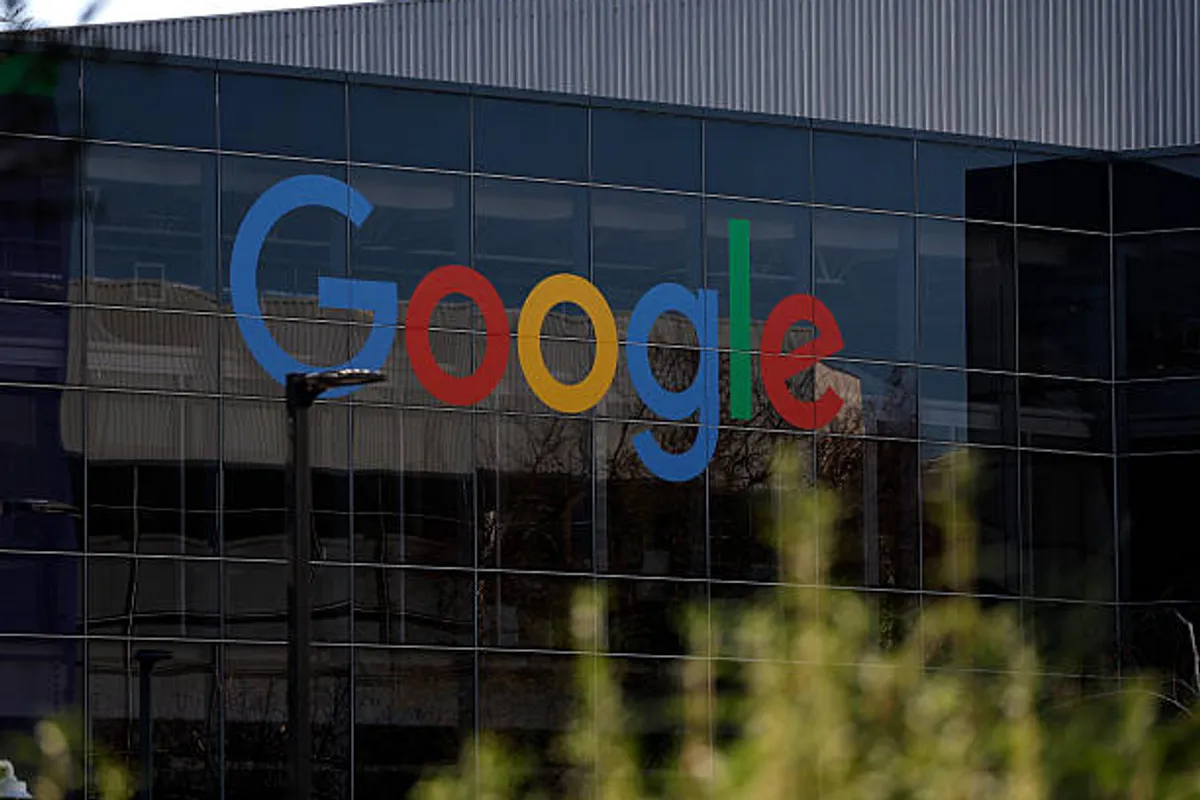Getty Images Falls Short in UK High Court Case, Wins Narrow Trademark Ruling Over AI Image Generator

GeokHub
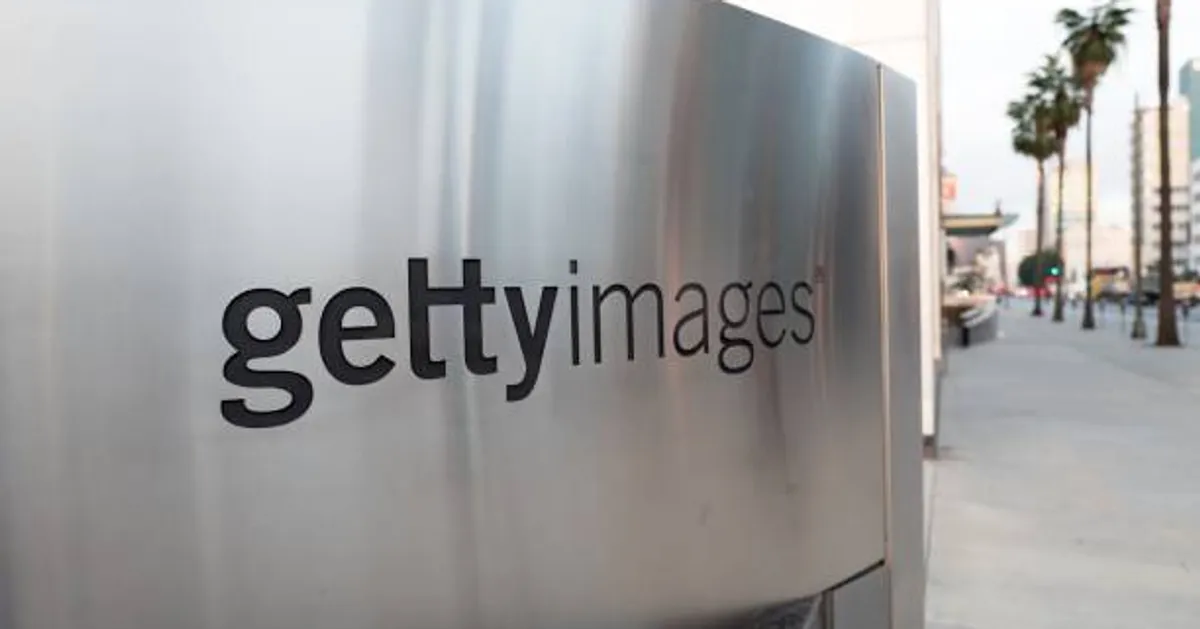
Creative-stock giant Getty Images brought a landmark legal challenge against AI developer Stability AI, alleging that its image-generation model used Getty’s library without permission and produced outputs that infringed copyright. The dispute centred on whether Stability’s model was trained on Getty’s imagery and whether that training or the resulting outputs violated intellectual-property rights.
In the end, the High Court found that Getty achieved only a partial victory. Judge Joanna Smith ruled that Getty had succeeded in part on a trademark infringement claim, noting that some images generated by Stability’s system bore Getty’s watermark. However, the court dismissed the more sweeping allegations of copyright infringement — holding that the AI model did not itself store or reproduce Getty’s works in a way that UK law recognises as infringement. Getty had already dropped much of its copyright claim mid-trial after failing to clearly establish where the training had occurred.
Analysis / Impact:
The outcome sends an important message to both the creative-content and AI industries: while trademark-based claims may succeed in narrow circumstances, claims that rely on models having “copied” or “reproduced” copyrighted works remain on uncertain ground under current UK legislation. For Getty Images, the decision is a setback: even a well-resourced rights owner found it difficult to enforce its copyrights against an AI-model developer. The narrow win on watermark-based trademark issues likely fails to deliver the broader protections content creators were hoping for.
For Stability AI and similar firms, the ruling offers at least tentative reassurance. Although it does not mean that all such lawsuits will be lost, it confirms that the threshold for copyright infringement in this context is high — particularly when the model does not store literal copies of the works it trained on. This favourable precedent may encourage further AI innovation, though the company still faces reputational risks and potential litigation elsewhere (for example in the U.S.).
On a broader scale, the ruling highlights how law is struggling to keep up with technology. Analysts suggest that unless legislation evolves — for instance by clarifying how training data and AI-generated outputs are treated under copyright and data-mining law — many disputes will remain unresolved or settled rather than decided. The creative industry now faces growing pressure to seek regulatory reform to ensure that creators’ rights aren’t eroded as AI capabilities expand.
